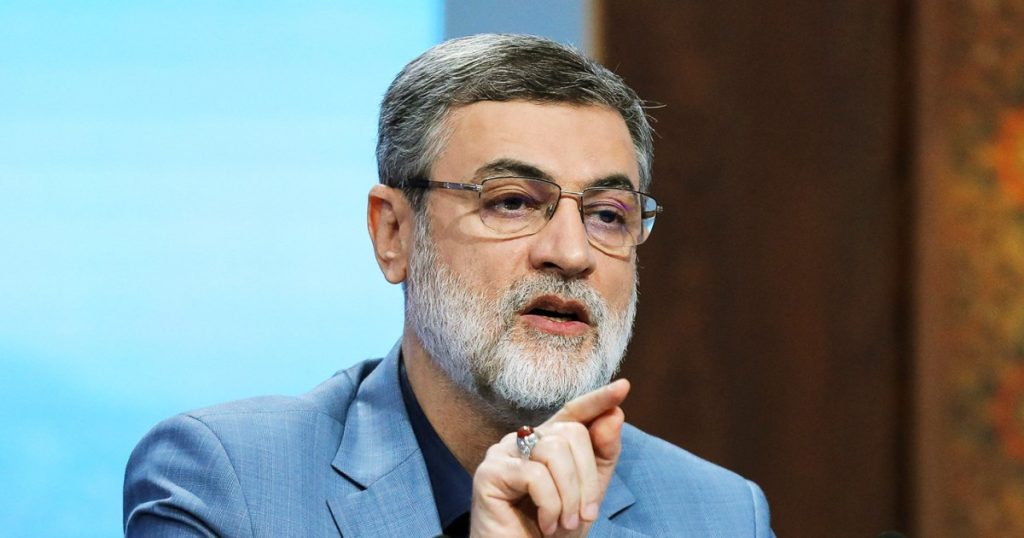Ahead of Iran’s upcoming presidential election, candidate Amirhossein Ghazizadeh Hashemi withdrew from the race, urging other candidates to follow suit in order to strengthen the front of the revolution. With the vote to replace the late President Ebrahim Raisi quickly approaching, Ghazizadeh Hashemi’s decision leaves five other candidates still in the race. Analysts see the contest as a three-way battle, with two hard-liners, Saeed Jalili and Mohammad Bagher Qalibaf, fighting for the same bloc, and a sole reformist, Masoud Pezeshkian, who has connections with the former administration of President Hassan Rouhani.
Iran’s Supreme Leader Ayatollah Ali Khamenei has maintained strict guidelines for candidate approval, excluding women and those calling for radical change in the government from the ballot. Despite this, Khamenei has called for a “maximum” turnout in the election in recent days, while also issuing a warning to Pezeshkian and his allies about reliance on the US. Public apathy has grown in Tehran following the tragic helicopter crash that claimed the life of President Raisi, with many expressing dissatisfaction over Iran’s economic situation and ongoing crackdown on women over the mandatory headscarf.
The situation in Iran has been further complicated by the country’s nuclear program, with Iran now enriching uranium at nearly weapons-grade levels and having enough material to produce several nuclear weapons if desired. The limited choice of candidates in the upcoming election, combined with widespread discontent, has led to some citizens expressing disillusionment and indicating that they will not participate in the vote. This sentiment is reflected in the words of 27-year-old Fatemeh Jazayeri, who stated that she did not plan to vote due to a lack of faith in the candidates’ promises.
Despite the challenges facing Iran, some citizens, particularly those attending Friday prayers in Tehran, are still committed to participating in the election. Mahmoud Seyedi, a 46-year-old shopkeeper, and his family plan to vote for Qalibaf, citing his experience and ability to solve the country’s problems. Meanwhile, Parivash Emami, 49, expressed hope that her vote could contribute to overcoming Iran’s difficulties, noting that Qalibaf appears to have a deeper understanding of the country’s issues compared to other candidates. Ultimately, as the election approaches, the Iranian people remain divided on whether to engage in the democratic process or abstain in protest.


